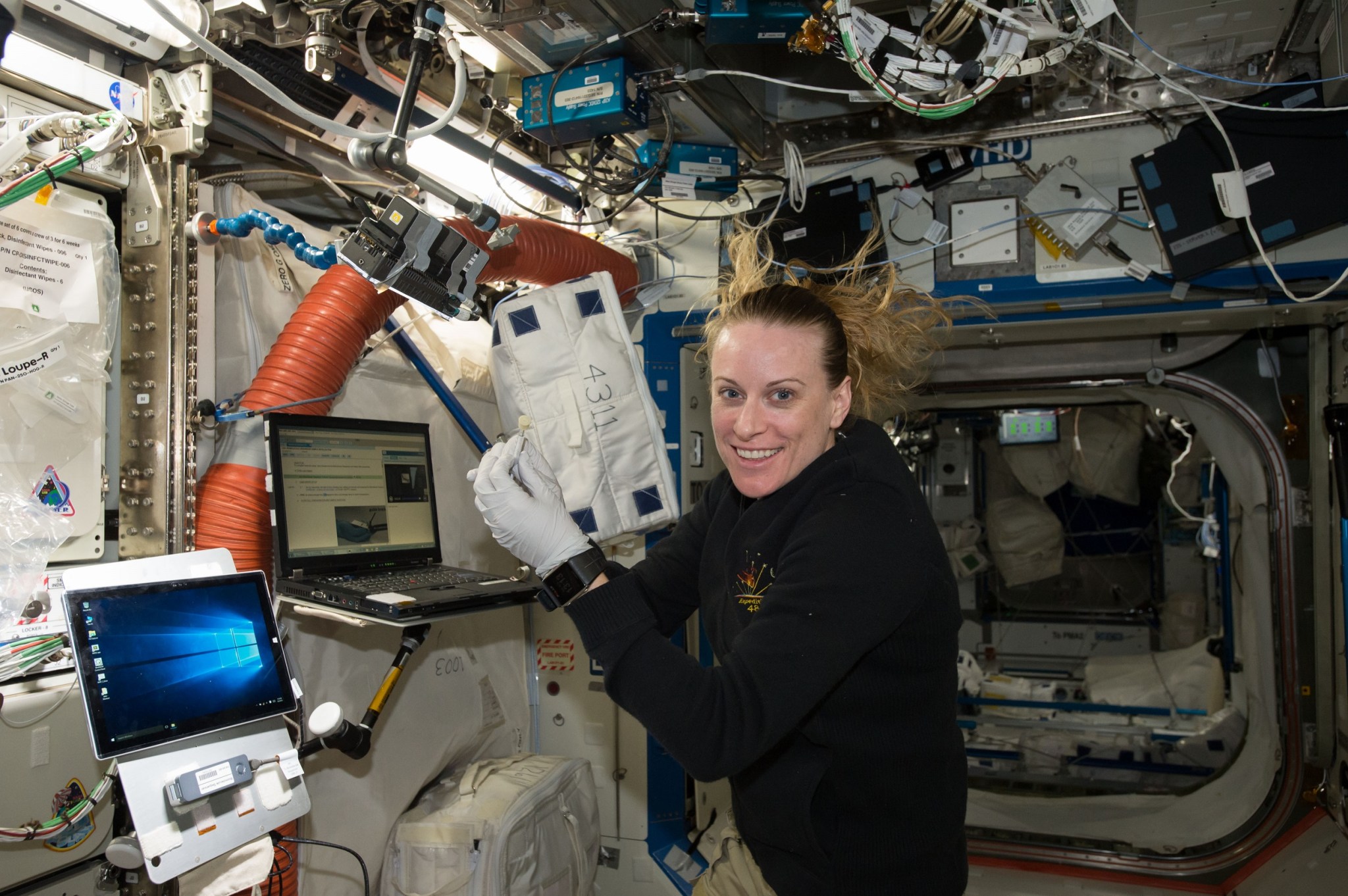Jennifer Kunz, associate director, technical, at NASA’s Kennedy Space Center in Florida, participates in a virtual Town Hall meeting on Jan. 13, 2022, for Kennedy employees. NASA/Kim Shiflett Jennifer Kunz, associate director technical of NASA’s Kennedy Space Center in Florida, released the following statement after speaking Thursday at the SpaceCom / 50th Space Congress in Orlando, Florida. “NASA’s Moon to Mars strategy rests on three pillars: pursuing science to better understand the universe and our origins; inspiring the next generation to achieve the seemingly impossible; and building on American preeminence…
Read MoreMonth: February 2024
China puts models of its future crewed moon landing spacecraft on display
China is displaying models of the rockets and spacecraft it is developing to send its astronauts to the moon. The event, the “Exhibition of Achievements in China Manned Space Program,” opened in Shanghai at the New International Expo Center on Dec. 29. The exhibition features the Long March 10 rocket, a lunar lander spacecraft and a next-generation crew spacecraft. Related: Not just Artemis: China and Russia plan to put boots on the moon, too The Long March 10 builds on China’s current rocket, the Long March 5. The next-gen spacecraft…
Read MoreLagniappe for February 2024
5 Min Read Lagniappe for February 2024 Explore the February 2024 issue, highlighted by NASA reaching the halfway point for the Artemis Moon Rocket Engine Certification Series, NASA’s Day of Remembrance, and what fuels a NASA Stennis Test Operations Leader. Explore the February 2024 edition featuring: RS-25 Test on Jan. 27 Day of Remembrance NASA Spinoff Gator Speaks Gator Speaks NASA Stennis There are two reasons why the last Thursday in January and the month of February are important at NASA moving ahead as the Artemis Generation. Having been around…
Read MoreStation Science 101: Studying DNA in Space
Long-term space exploration exposes humans to radiation that can damage deoxyribonucleic acid or DNA, which carries the genetic information for our development and functioning. Conditions in space also affect the way the body repairs such damage, potentially compounding the risk. Research on the International Space Station studies DNA damage and repair using tools and techniques to sequence, analyze, and even edit DNA. Those tools and techniques have been developed especially for use in space, which has unique safety considerations and where there are limits on the size and weight of…
Read More


